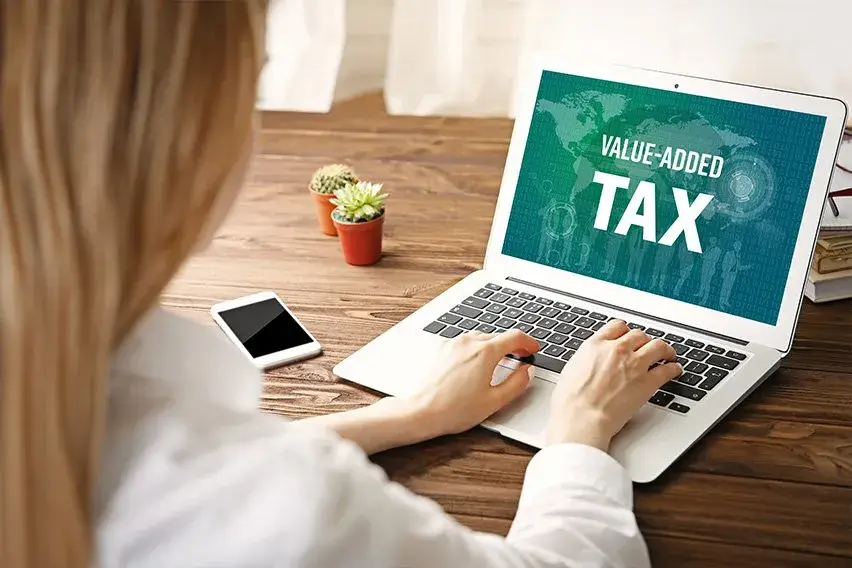Intoduction
For global businesses operating in the Gulf region, managing VAT compliance can be a complex task. One area that often raises questions is the ability to recover VAT paid on expenses incurred while doing business in the Kingdom.
Recent regulatory updates have introduced stricter requirements for foreign VAT refunds, making it more important than ever for companies to understand the rules and prepare thoroughly.
What Is a Foreign VAT Refund?
A foreign VAT refund allows non-resident businesses to reclaim tax charged on eligible expenses while conducting activities in the Kingdom. Common examples include:
- Hotel and accommodation costs for business trips.
- Transport and logistics expenses.
- Exhibition or event-related services.
- Certain goods or services purchased temporarily for operations.
Refunds help ensure companies are not unfairly burdened with additional costs simply because they are not locally registered.

Recent Changes in Refund Procedures
The latest updates have brought in:
- More detailed documentation → Companies must provide fully compliant invoices, contracts, and supporting records.
- Stricter review and approval processes → Applications are subject to closer checks before refunds are granted.
- Longer processing timelines → Businesses need to plan for potential delays in reimbursement.
These measures are designed to strengthen transparency and prevent misuse of the refund system.
Who Is Eligible to Apply?
Refunds are typically available to:
- Non-resident companies not registered for VAT locally.
- Businesses that have incurred VAT on legitimate, eligible expenses.
- Entities from countries with reciprocal refund arrangements in place.
Challenges for International Companies
Foreign businesses often encounter hurdles such as:
- Limited awareness of refund eligibility rules.
- Submitting incomplete or non-compliant documentation.
- Difficulty tracking VAT across multiple transactions.
- Approval delays that impact cash flow.
Without proper preparation, companies risk losing out on significant recoverable amounts.
Best Practices for Successful Refund Applications
To maximize success, companies should:
- Maintain accurate records → Ensure invoices meet all local VAT requirements.
- Check eligibility in advance → Not all expenses qualify for refunds.
- Understand reciprocal arrangements → Refunds are only possible if the applicant’s home country offers similar treatment.
- Plan cash flow carefully → Allow for possible delays in reimbursement.
- Seek expert support → Professional guidance can reduce errors and rejections.
How AYBE Can Help
At AYBE, we assist international businesses in:
- Reviewing expenses for refund eligibility.
- Preparing and submitting refund applications.
- Ensuring documentation is audit-ready.
- Providing end-to-end advisory to simplify compliance.
With our expertise, companies can recover eligible VAT with confidence while maintaining full compliance with regional tax requirements.
Final Thoughts
Foreign VAT refunds are a valuable opportunity for non-resident businesses, but the process has become more demanding under the latest regulations. Companies that prepare early, keep complete records, and work with trusted advisors will maximize their chances of securing refunds while keeping operations smooth.
📌 By staying proactive, businesses can reclaim eligible VAT and maintain financial efficiency in one of the region’s fastest-growing markets.










